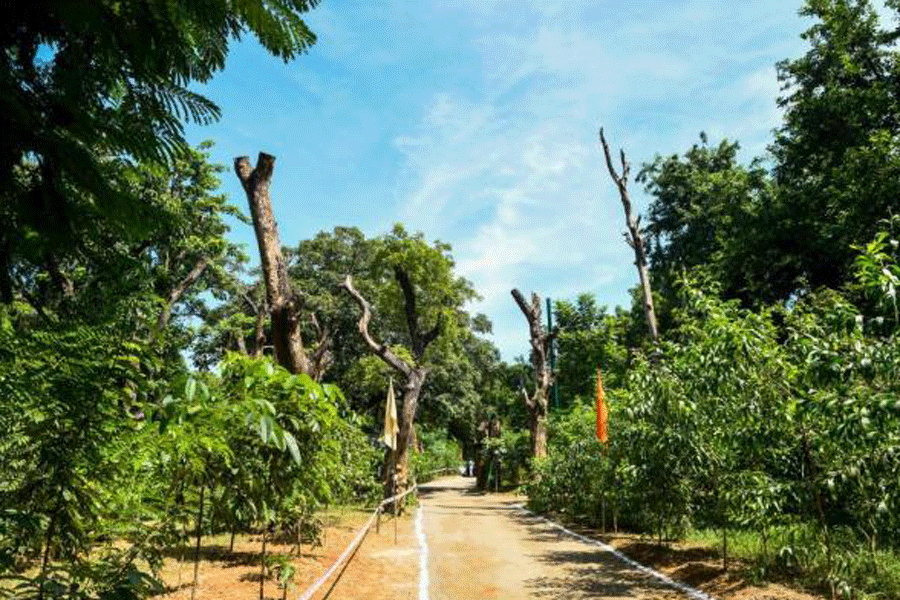A week before the first of the seven phases of the general elections got underway, the Gadchiroli Lok Sabha constituency in the tribal hinterland of Maharashtra witnessed something unprecedented. About 1,450 gram sabhas from the thickly-forested constituency, part of the erstwhile Dandakaranya region and reserved for the scheduled tribes, unanimously announced their “conditional support” to the Congress candidate, Namdev Kirsan. The move surprised Kirsan and rattled the Bharatiya Janata Party candidate and sitting member of Parliament, Ashok Nete. In a district torn by Maoist insurgency for over three decades, it was the first time that the tribals took an explicit political side.
Among the conditions that the district federation of the gram sabhas put forth for Kirsan were the earnest implementation of the provisions of the Scheduled Tribes and Other Traditional Forest Dwellers (Recognition of Forest Rights) Act, 2006 or the Forest Rights Act, smoothening the procedures to acknowledge community forest rights, and a complete ban on mining that is destroying the pristine teak and bamboo forests.
For over a month, the gram sabhas quietly led deliberations among their communities to decide whom they should support in what they thought was a crucial election. Their focus was on the issues they considered critical: CFRs, the looming threat of unbridled iron ore mining in central parts of the district, particularly in Surjagarh hills where a mine is already operational and has destroyed large forest swathes, and the prospect of six new mines being opened.
During a meeting attended by over 1,000 representatives from across the constituency, the gram sabha representatives told Kirsan that any breach of trust after the elections would lead to their withdrawal of support should he get elected to the Lok Sabha. Gadchiroli has already voted, and we shall know on June 4 if the gram sabhas’ decision made any difference.
But the FRA seems to be a crucial issue in many constituencies — most acutely in states like Jharkhand, Madhya Pradesh and Odisha — that are going to the polls in the remaining phases of the elections. This is not surprising given the weak implementation of the law, the brazen handing over of forests to businesses for mining and other purposes, and the profound impact this has on forest-based livelihoods of the poorest of tribal communities. Earlier this year, an independent study found that of the 153 core FRA constituencies, the BJP had won over a hundred in the 2019 Lok Sabha elections, while the Congress won only 11, though it was the runner-up in most. The study showed that the FRA, a transformative law enacted by the first United Progressive Alliance regime, has not lived up to expectations, socially or economically.
Except for the Congress’s 2024 manifesto, christened Nyay Patra, which specifically mentions implementation of the FRA as a major promise, no other party has specifically focused on the issue. But it seems to have made an impact. Here is why it remains on top of the list of demands of the scheduled tribes. Wherever implemented in true spirit, the FRA has brought about socio-economic change quickly. The Gadchiroli district, which itself leads the country in FRA implementation, is an example. Some gram sabhas that won the CFRs have paid better wages to its people on the harvest of minor forest produce, undertaken developmental works from their savings, devised management plans to conserve the forests, and paid royalties to the government.
A renewed focus on implementing the FRA and participatory, collective management is key to turning lagging geographies around. That’s the point Gadchiroli made by underlining the fact that forest resources are a common public good.











